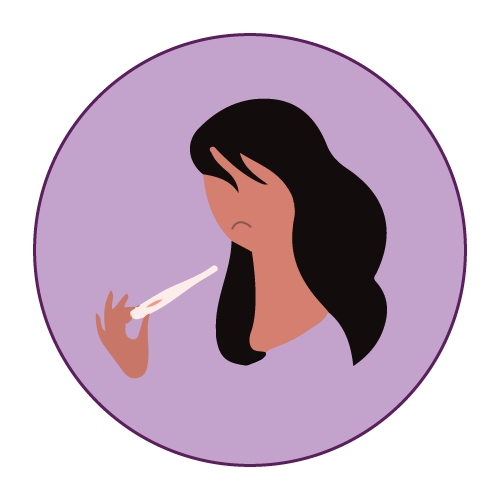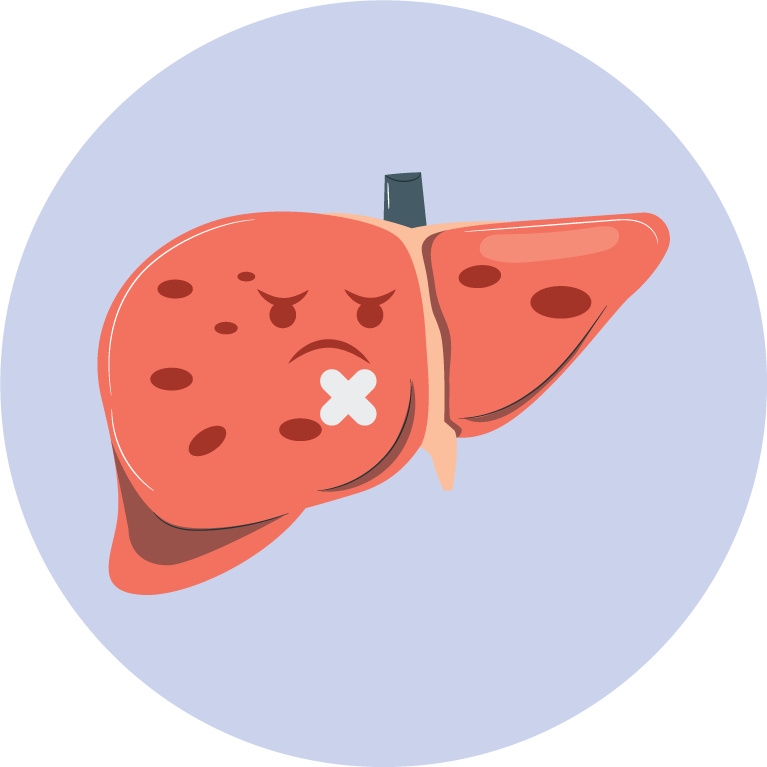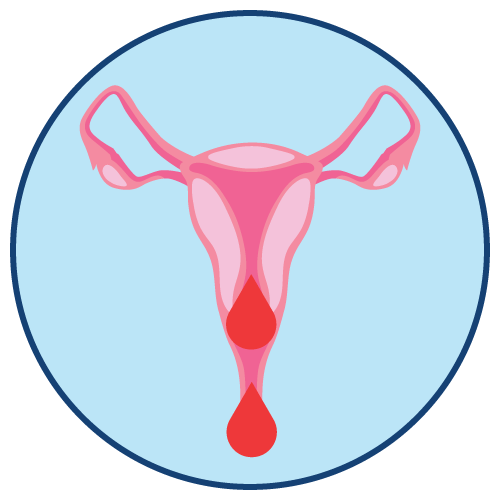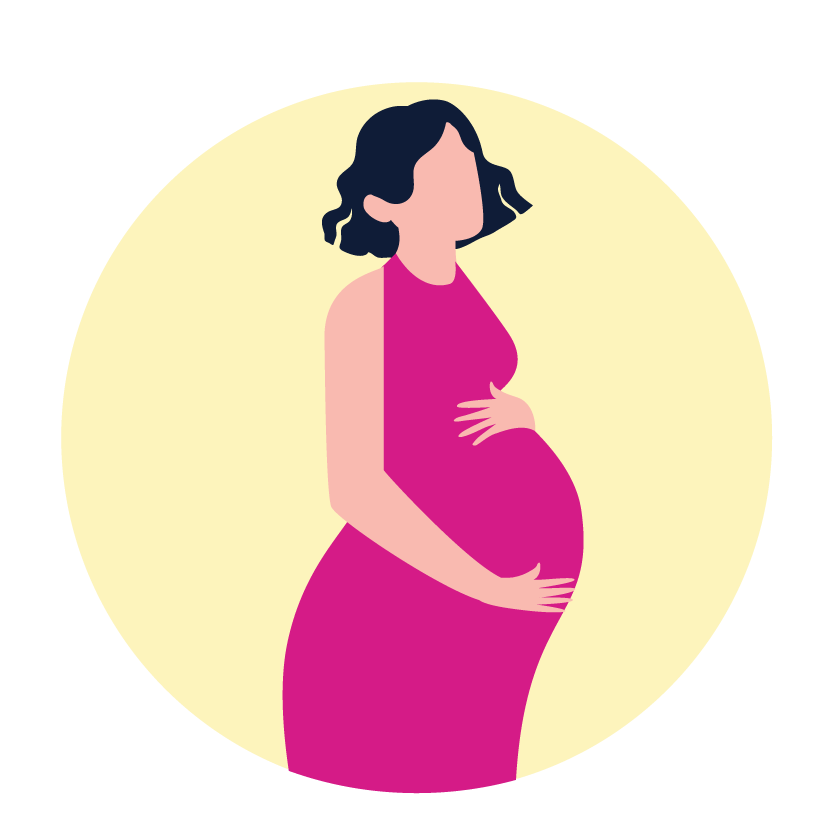| Name | Clomiphene Citrate |
| Classes |
Hormonal Agent |
| Diseases |
Lactation Suppression Oligospermia Ovulatory Dysfunction |
Clomiphene Citrate
Clomiphene Citrate belongs to the class of drugs known as selective estrogen receptor modulators (SERMs). Its mechanism of action involves binding to estrogen receptors in the hypothalamus and pituitary gland. This binding prevents the negative feedback inhibition of estrogen on the release of gonadotropin-releasing hormone (GnRH) and luteinizing hormone (LH). As a result, an increase in GnRH and LH secretion occurs, stimulating the release of follicle-stimulating hormone (FSH). The rise in FSH promotes ovarian follicle development, leading to ovulation.
Clomiphene Citrate is indicated for the treatment of infertility in women due to anovulation or oligo-ovulation. It is used as an adjunct to achieve pregnancy in patients with certain ovulatory disorders.
Dosage may vary based on individual patient response, the specific infertility diagnosis, and the healthcare provider's recommendation.
-
Initial Dose:
- The usual starting dose is 50 mg once daily for five days, beginning on or about the fifth day of the menstrual cycle.
- Dosage adjustment may be considered in subsequent cycles based on patient response.
-
Increased Dosage:
- If ovulation does not occur at the initial dose, a higher dose of 100 mg daily for five days may be administered in the next cycle.
- Further increases in dosage should be done cautiously and under close medical supervision.
Adverse reactions associated with Clomiphene Citrate include-
- Hot flashes
- Abdominal discomfort or bloating
- Ovarian enlargement
- Breast tenderness
- Nausea
- Headache
- Visual disturbances
- Vaginal dryness or discomfort
- Multiple pregnancies (including twins)
- Ovarian Hyperstimulation Syndrome (OHSS): Monitor patients for signs of OHSS, a potential complication of fertility treatment that may cause abdominal pain, swelling, and nausea. Severe cases may lead to complications.
- Ovarian Enlargement: Assess for signs of ovarian enlargement, which may be associated with abdominal or pelvic pain.
- Multiple Pregnancies: Clomiphene Citrate increases the risk of multiple pregnancies, including twins. Counsel patients on the risks associated with multiple gestations.
- Visual Symptoms: Advise patients about the potential for visual symptoms, such as blurred vision or spots, and recommend prompt evaluation if these occur.
- Ectopic Pregnancy: Monitor for the possibility of ectopic pregnancy, especially in patients with a history of tubal disease.
Contraindication
Clomiphene Citrate is contraindicated in individuals with:
- Hypersensitivity to Clomiphene Citrate or any component of the formulation.
None known.
Clomiphene Citrate is contraindicated in individuals with-
- Liver disease or dysfunction.
- Abnormal uterine bleeding of undetermined origin.
- Ovarian cysts or enlargement not due to polycystic ovary syndrome (PCOS).
- Pregnancy.
- Thrombophlebitis or a history of thrombophlebitis.
 Bangla
Bangla English
English



